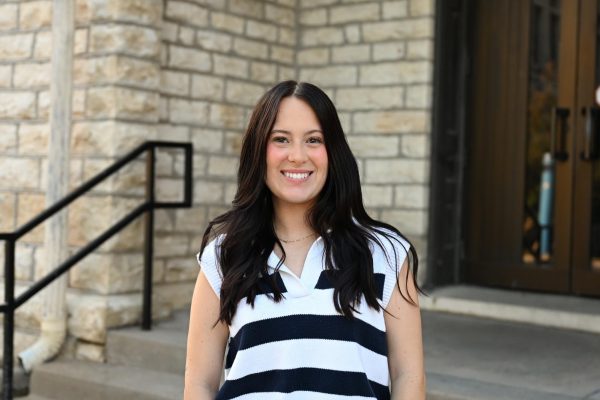Dear Readers,
With the election looming and political debates filling our screens and media platforms, tensions are rising not only within the country but also within personal relationships. It is encouraged to have political conversations with people you trust to expand your mindset and be informed about this upcoming election.
For many students, this is your first time participating in a presidential election. Understanding the candidates’ platforms and attempting to empathize with their perspectives is a crucial step in making an informed decision when you cast your ballot. This process of understanding and evaluating is not just about the election, but about your role as a citizen in shaping the future.
Often, political conversations are interpreted with underlying tones of disrespect when, in reality, the person could just be animated or very passionate about the topic. During these political conversations, it is essential to stay neutral and use the conversation to share your views and learn about others, not persuade anyone to switch sides.
The American Psychological Association suggests the key to a healthy political discussion is to “use the conversation as an opportunity to share views, not to convince anyone that your view is best.”
Attempting to sway someone politically is an ensured way to cause tension and mistrust in a relationship, and why does it matter if someone else’s views don’t align with your own? Being in a relationship where the two of you do not agree on something can spark educational conversations and potentially finding a common topic to agree on.
Having these crucial conversations within relationships will expand your political knowledge and encourage you to fact check whatever topic is at large. Whether it be environmentally or a problem concerning society, there are plenty of places to find common ground on, and remembering politics is not about convincing someone, but understanding where they are coming from.
According to the article “How to Talk to People Who Disagree with You Politically” from The University of Texas at Austin, it is helpful to “stick to the facts regarding the topic and [avoid] confrontation” when having political conversations.
By providing verified information and avoiding confrontation, you’re not only staying informed on both sides but also supporting your friend while they explain their views. It is crucial to remain neutral and advocate for your cause rather than be negative about an opposing view.
This season of debates and political conversations is affecting society at large, and with an election looming there is a lot to be talked about. Staying informed can look different for everyone, whether it is tuning in for the presidential debates, attending rallies or reading into the candidate’s presidential goals online, it’s a great start. For some, election season is about sides and debates, but it is important to remember who you are having these conversations with and that it is okay to be friends with someone with different political views than your own.
Love, Libby























































































































